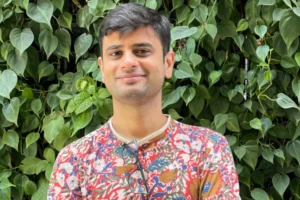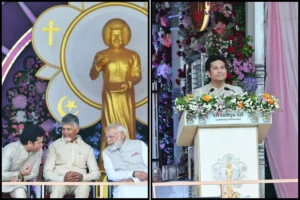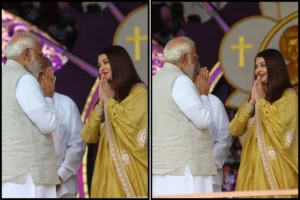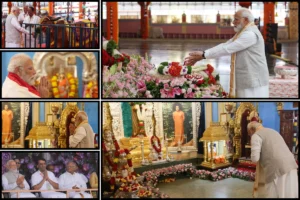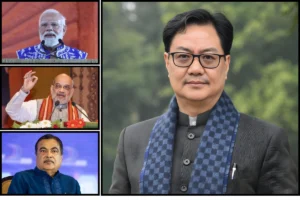
Supreme Court to deliver verdict on same sex marriage
On Tuesday, the Supreme Court is expected to rule on a slew of petitions calling for the legal recognition of same sex marriages. The decision would outline India’s jurisprudential recognition of marriage equality and the realization of rights that may result from such endorsement by the top court of the nation.
Over 20 petitions in the case
A five-judge bench had reserved its decision in a group of over 20 petitions on May 11 following a marathon hearing in March and April that lasted ten days and featured fervent arguments from both sides. The petitions urged the judiciary to intervene because they claimed the executive was unwilling to take the initiative and give same-sex couples the same rights as heterosexual couples in regards to marriage and incidents of a marriage, such as adoption, succession, inheritance, divorce, and amorous relationships.
The court has made it clear that the proceedings would only be concerned with validating same-sex unions under the Special Marriage Act (SMA).
Complexity of same sex marriage
Chief Justice of India Dhananjaya Y Chandrachud preside over the Supreme Court’s Constitution bench, which is also made up of justices Sanjay Kishan Kaul, S Ravindra Bhat, Hima Kohli, and PS Narasimha.
The Supreme Court’s ruling on same-sex marriage poses yet another legal quandary since it involves conflicting interests in a society as diverse as ours and sexual and decisional autonomy on the one hand.
The Supreme Court must strike a balance between constitutional rights prohibiting discrimination based on gender, status, caste, or creed and the separation of powers, where Parliament is granted the authority to make laws and recognize unions, given the complex mix of personal laws in the nation as well as traditional religious notions of propriety and customs.
Striking balance
The same-sex couples, rights activists, social professionals, and organizations were among the petitioners before the top court. They argued that certain elements of the Special Marriage Act, Hindu Marriage Act, Foreign Marriage Act, and other marriage regulations violate the Constitution since they prevent same-sex couples from getting married under the current legal system. Alternately, the petitions have asked the supreme court to interpret these clauses wide in order to recognize same-sex unions.
They argued that in order to recognize marriage as a union independent of gender and sexual identity, the court would eventually have to read down the SMA and other legislation or strike down the legal provisions that utilize the terms “men” and “women” to validate a marriage.
To read more such news, download Bharat Express news apps















